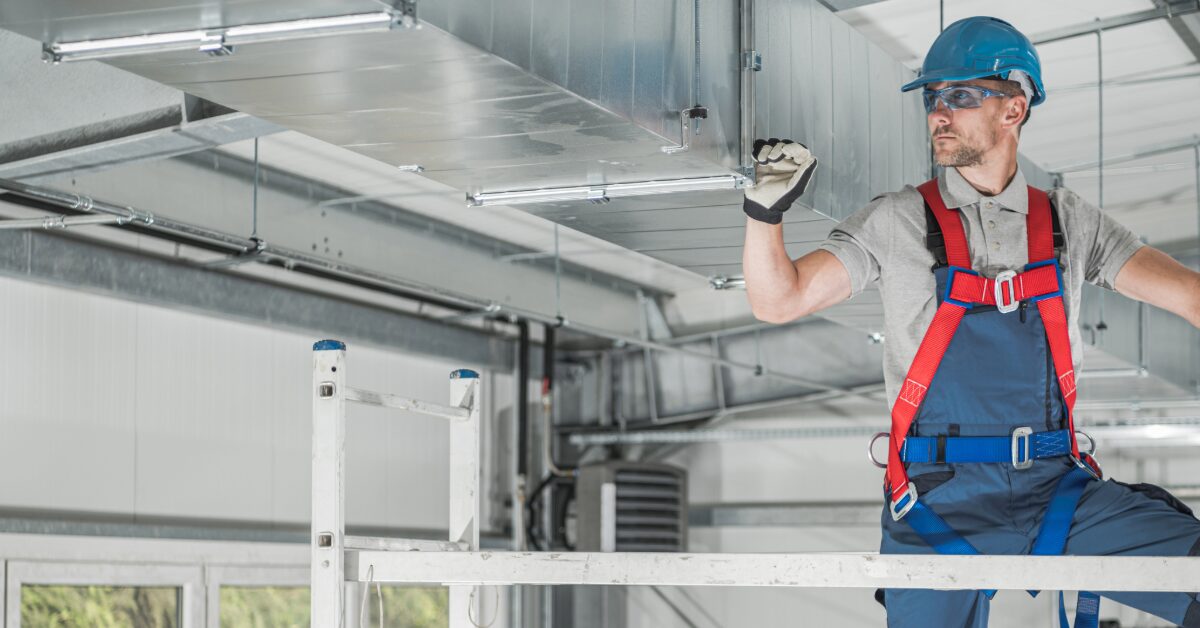Energy Efficiency 101: How HVAC Upgrades Can Lower Your Utility Bills
In today’s world, where environmental concerns and rising energy costs are at the forefront of many discussions, homeowners and businesses alike are seeking ways to reduce their energy consumption and carbon footprint. One significant area where improvements can be made is in the heating, ventilation, and air conditioning (HVAC) systems that regulate indoor comfort. In this blog, we’ll explore how HVAC upgrades can lead to substantial energy savings and lower utility bills for both residential and commercial spaces.
Understanding Energy Efficiency in HVAC Systems
Before diving into specific upgrades, it’s essential to understand the concept of energy efficiency in HVAC systems. Energy-efficient HVAC equipment is designed to deliver the same level of comfort while consuming less energy than standard systems. This is achieved through advanced technologies, such as variable-speed motors, high-efficiency compressors, and smart thermostats, which optimize performance and minimize wasted energy.
The Benefits of HVAC Upgrades
- Reduced Energy Consumption: One of the most significant benefits of upgrading to energy-efficient HVAC equipment is the reduction in energy consumption. By replacing outdated systems with high-efficiency models, homeowners and businesses can significantly lower their energy bills while minimizing their environmental impact.
- Lower Utility Bills: Energy-efficient HVAC systems operate more effectively and require less energy to maintain comfortable indoor temperatures. As a result, homeowners and businesses can expect to see a noticeable decrease in their monthly utility bills, leading to long-term cost savings.
- Improved Comfort and Indoor Air Quality: In addition to saving energy and money, HVAC upgrades can also enhance indoor comfort and air quality. Advanced features, such as variable-speed fans and filtration systems, work to maintain consistent temperatures and remove pollutants, allergens, and airborne particles from the air, creating a healthier and more comfortable indoor environment.
- Extended Equipment Lifespan: Upgrading to energy-efficient HVAC equipment not only reduces energy consumption but also helps extend the lifespan of the system. By operating more efficiently and experiencing less wear and tear, energy-efficient HVAC systems are less likely to require costly repairs or replacements, saving homeowners and businesses both time and money in the long run.
Common HVAC Upgrades for Energy Efficiency
- High-Efficiency Heat Pumps and Air Conditioners: Heat pumps and air conditioners with high Seasonal Energy Efficiency Ratio (SEER) ratings are designed to deliver superior cooling performance while consuming less energy.
- Programmable and Smart Thermostats: Programmable and smart thermostats allow users to set customized heating and cooling schedules based on their daily routines, resulting in reduced energy usage and lower utility bills.
- Duct Sealing and Insulation: Improving the efficiency of ductwork through proper sealing and insulation can prevent conditioned air from escaping and reduce energy waste.
- Energy Recovery Ventilators (ERVs) and Heat Recovery Ventilators (HRVs): ERVs and HRVs recover heat or coolness from exhaust air and transfer it to incoming fresh air, improving energy efficiency and indoor air quality.
Investing in energy efficient HVAC upgrades
Investing in energy-efficient HVAC upgrades is a smart decision for homeowners and businesses looking to lower their utility bills, reduce their carbon footprint, and enhance indoor comfort and air quality. By embracing advanced technologies and optimizing HVAC performance, individuals and organizations can enjoy the benefits of energy efficiency while contributing to a more sustainable future for generations to come.


